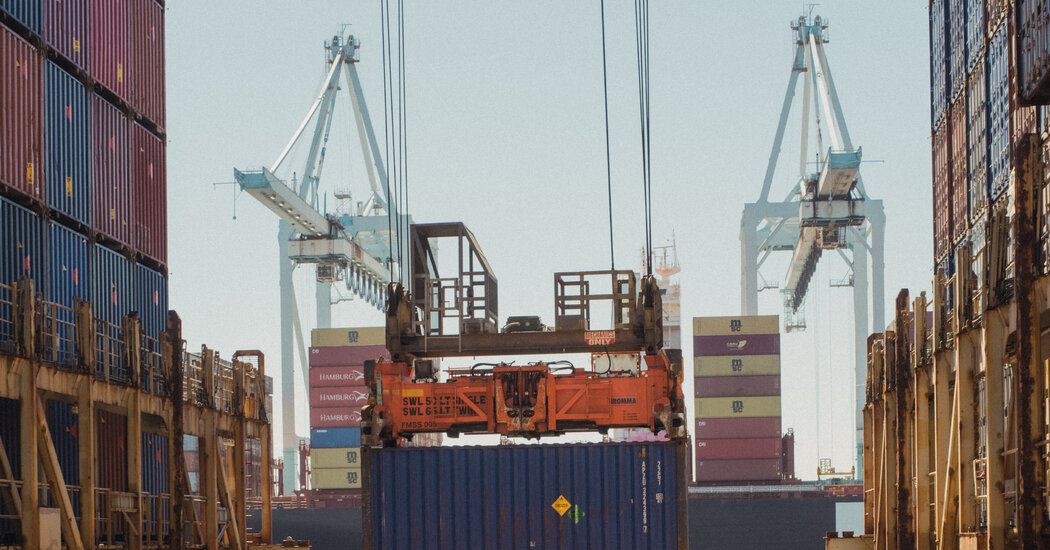Supply Chain Hurdles Will Outlast Covid Pandemic, White House Says
In the report, the administration cited its efforts to identify weaknesses in supply chains for key products like semiconductors, electric-vehicle batteries, certain minerals and pharmaceutical products, and to bolster American manufacturing through expanded federal purchasing and other investment.
“The public sector can be a partner of the private sector, rather than a rival,” the report said.
And in a blog post Thursday, Sarah Bianchi, the deputy U.S. trade representative, said that trade negotiators had been working with officials in Canada, Mexico, the European Union, South Korea, Japan, Britain and elsewhere to identify and address bottlenecks in supply chains.
But some economists have noted that making supply chains more resilient could carry its own costs, making products more expensive when inflation is already a major concern.
Adam S. Posen, the president of the Peterson Institute for International Economics in Washington, said the pandemic and Russia’s invasion of Ukraine might lead companies to locate at least some of their supply chains in places that were more politically stable and less strategically vulnerable. But pushing companies to duplicate production could waste taxpayer dollars and introduce inefficiencies, raising prices for consumers and lowering growth.
“At best you’re paying an insurance premium,” he said. “At worst you’re doing something for completely political reasons that’s very economically inefficient.”
Inflation F.A.Q.
What is inflation? Inflation is a loss of purchasing power over time, meaning your dollar will not go as far tomorrow as it did today. It is typically expressed as the annual change in prices for everyday goods and services such as food, furniture, apparel, transportation and toys.
Other economists have emphasized that global supply chains are not always a source of fragility — sometimes they can be a source of resilience, too.
Ngozi Okonjo-Iweala, the director general of the World Trade Organization, said in an interview that the world had been seeing a trend toward the decentralization of manufacturing and production, in which supply chains were moving out of China into Vietnam, Laos, Cambodia, Bangladesh, Ethiopia and other countries. That is an opportunity to diversify supply chains and bring poorer countries into the global trading system, allowing them to reap the benefits of globalization, too, she said.
Check out our Latest News and Follow us at Facebook
Original Source







